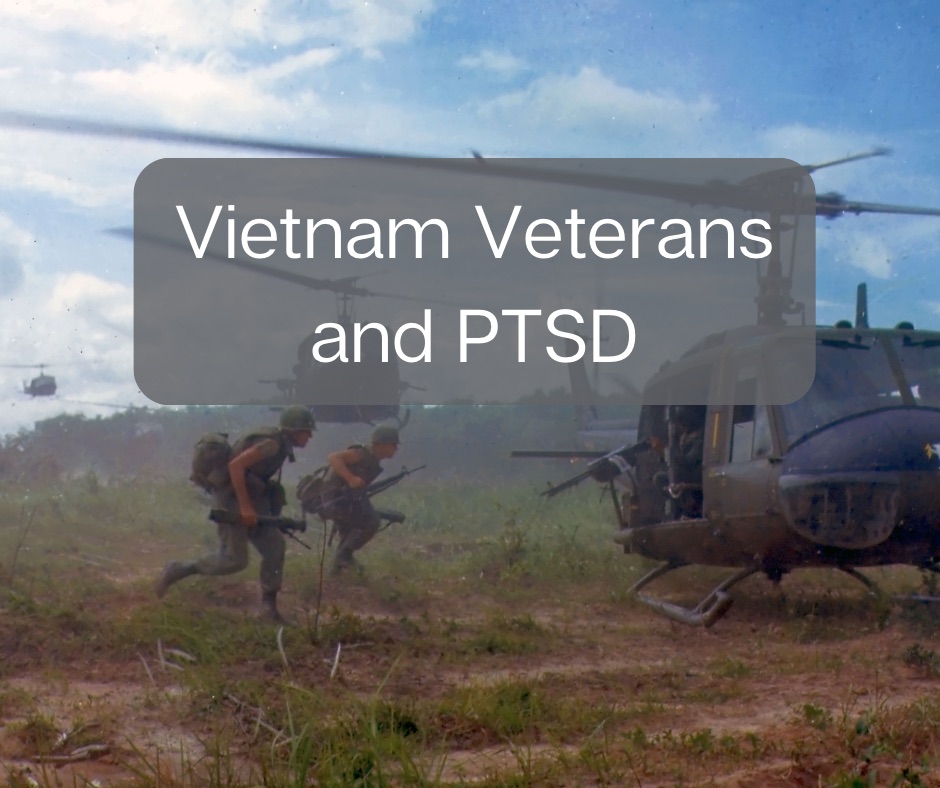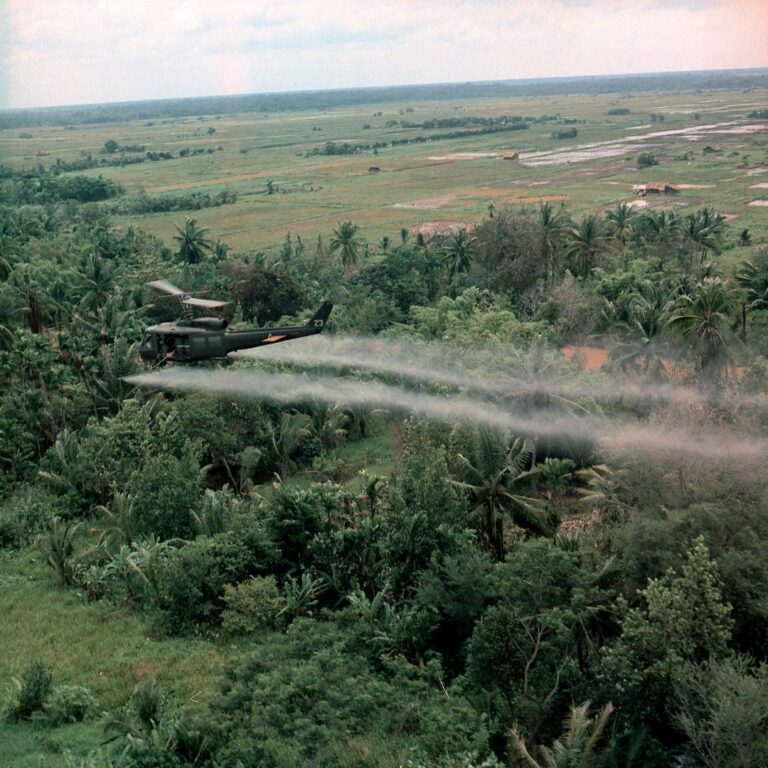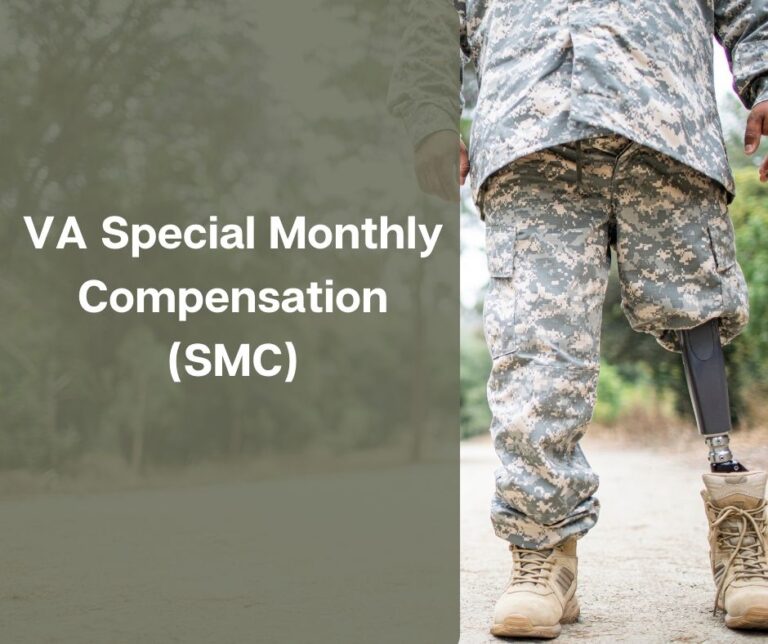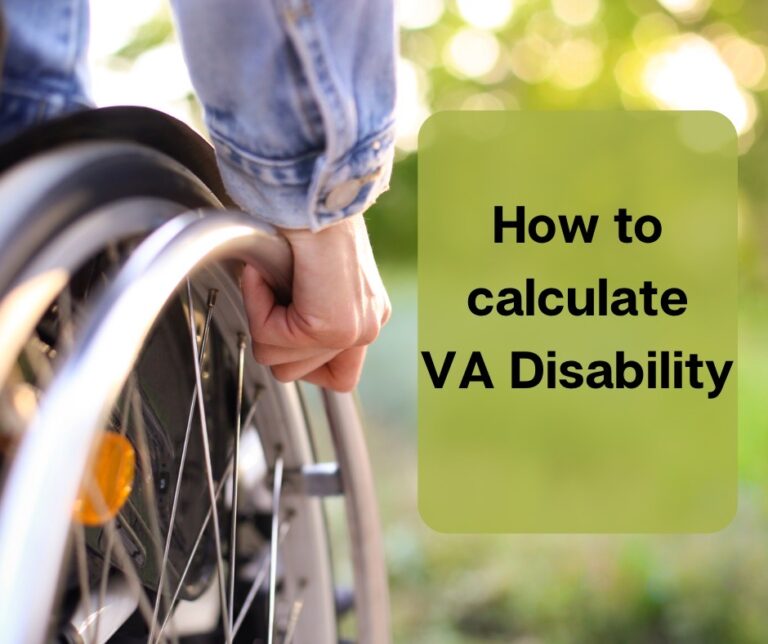The Forgotten Struggle: Deciphering the Lack of PTSD Claims Among Vietnam Veterans
Post-traumatic stress disorder (PTSD) is a mental health condition triggered by a terrifying event, either experiencing it or witnessing it. PTSD is one of the more common conditions diagnosed among combat veterans. The exposure to intense and often frightening combat situations has been recognized for decades as being a contributor to service members developing PTSD sometime in their lives.
Symptoms of PTSD
Intrusive Memories:
Recurrent, unwanted distressing memories of the traumatic event. Reliving the traumatic event as if it were happening again (flashbacks). Upsetting dreams or nightmares related to the traumatic event.
Avoidance:
Trying to avoid thinking or talking about the traumatic event. Avoiding places, activities, or people that remind you of the trauma.
Negative Changes in Thinking and Mood:
Negative thoughts about yourself, others, or the world. Feelings of hopelessness about the future. Memory problems, including forgetting important aspects of the traumatic event. Difficulty maintaining close relationships. Feeling emotionally detached from family and friends. Lack of interest in activities you once enjoyed. Difficulty experiencing positive emotions
Changes in Physical and Emotional Reactions (Arousal Symptoms):
Being easily startled or frightened. Constant vigilance for danger. Self-destructive behavior, such as excessive drinking or reckless driving. Trouble sleeping. Difficulty concentrating. Irritability, angry outbursts, or aggressive behavior. Overwhelming guilt or shame.
Vietnam Veterans
Vietnam veterans experienced intense and prolonged exposure to combat situations during the Vietnam War, which significantly increased their risk of developing post-traumatic stress disorder (PTSD). However, as can be seen in the numbers in the chart (taken from the National Center for PTSD), the percentage of Vietnam Veterans being diagnosed for PTSD is far behind the percentage of Gulf War era veterans.
For Vietnam Veterans to have developed PTSD is no surprise. In fact, it is quite a surprise that more of them have not been diagnosed. Listed below are just some of the reasons why many of them developed PTSD:
Combat Exposure:
Vietnam Veterans may develop PTSD due to the severe and continuous stressors associated with combat exposure. These include life-threatening situations, witnessing death or injury of others, and the intense fear and anxiety associated with combat operations. The traumatic events experienced during combat can lead to long-lasting psychological effects, making veterans susceptible to PTSD.

The development of PTSD can be influenced by the intensity and duration of their exposure to combat and the presence of other stressors or personal vulnerabilities. Vietnam Veterans, in particular, faced unique challenges and environmental factors that could exacerbate the onset of PTSD, such as the contentious political climate surrounding the war and the lack of societal support upon their return home
Multiple Deployments:
Many Vietnam veterans served multiple tours of duty, repeatedly facing traumatic events. This cumulative exposure increases the risk of PTSD.
Lack of Social Support
Lack of social support could have contributed to Vietnam Veterans developing PTSD by removing a crucial protective factor against the disorder. Research has shown that negative social environments can significantly increase the risk of developing PTSD following traumatic exposure. Social support acts as a buffer, reducing the impact of stress and helping individuals process traumatic experiences. In contrast, veterans with lower levels of social support are more vulnerable to PTSD as they may lack the necessary emotional and psychological resources to cope with their traumatic experiences effectively. This can lead to feelings of isolation, misunderstanding, and alienation, exacerbating stress and hindering the healing process. The sense of community and understanding from others is vital for recovery and adaptation after trauma, and without it, veterans may struggle significantly with their mental health, making them more susceptible to PTSD
Delayed Onset:
Some veterans did not exhibit symptoms immediately after returning from Vietnam. Delayed onset of PTSD can occur months or even years later.
Stigma and Misunderstanding:.
Stigma and misunderstanding can significantly impact Vietnam Veterans in the context of PTSD by exacerbating feelings of isolation, shame, and fear of judgment. These factors can deter veterans from seeking help and acknowledging their symptoms, leading to untreated PTSD or worsening conditions. The perception of being seen as “dangerous,” “violent,” or “crazy” contributes to a negative self-image and discourages engagement with mental health services. The societal misconception that suffering from PTSD is a sign of weakness or a lack of resilience can further alienate veterans, making them less likely to discuss their experiences or pursue treatment. As a result, the combination of stigma and misunderstanding can create a barrier to recovery, preventing veterans from accessing necessary support and resources which could mitigate their PTSD symptoms
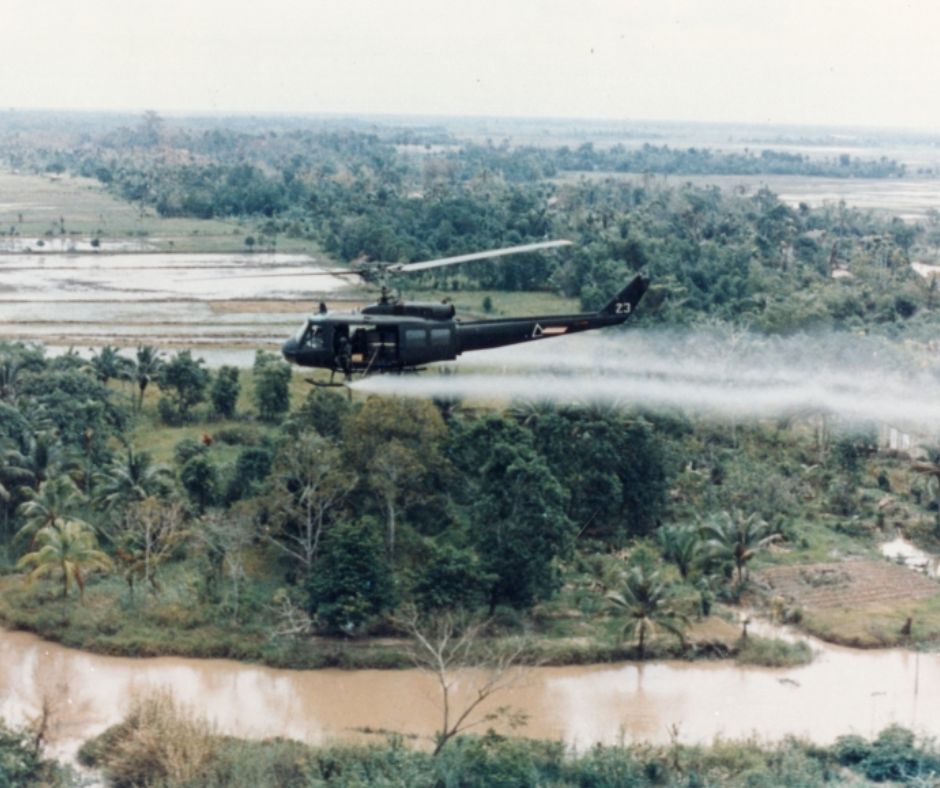
Agent Orange Exposure:
Exposure to the herbicide Agent Orange, used during the war, has been linked to various health issues, including PTSD.
Survivor’s Guilt:
Veterans who survived traumatic events often experienced guilt for surviving when others did not. This guilt can contribute to the development of PTSD symptoms.
Difficulty Reintegrating:
Returning to civilian life after combat can be challenging. Difficulty adjusting to normalcy and finding purpose can exacerbate PTSD.
Substance Abuse:
Many Vietnam veterans turned to alcohol or drugs as a coping mechanism, which can worsen PTSD symptoms.
Nightmares and Flashbacks:
Intrusive memories of traumatic events, nightmares, and flashbacks are common symptoms of PTSD.
We have recognized for years that it is simply not possible for anyone to deploy to an area at war and return as the same person. War will change everyone who is involved, be they military, contractors, or civilians. While there have been many Vietnam Veterans who have filed for PTSD, there are many thousands who are probably dealing with the symptoms of PTSD yet have never considered filing, or seeking assistance in any form.
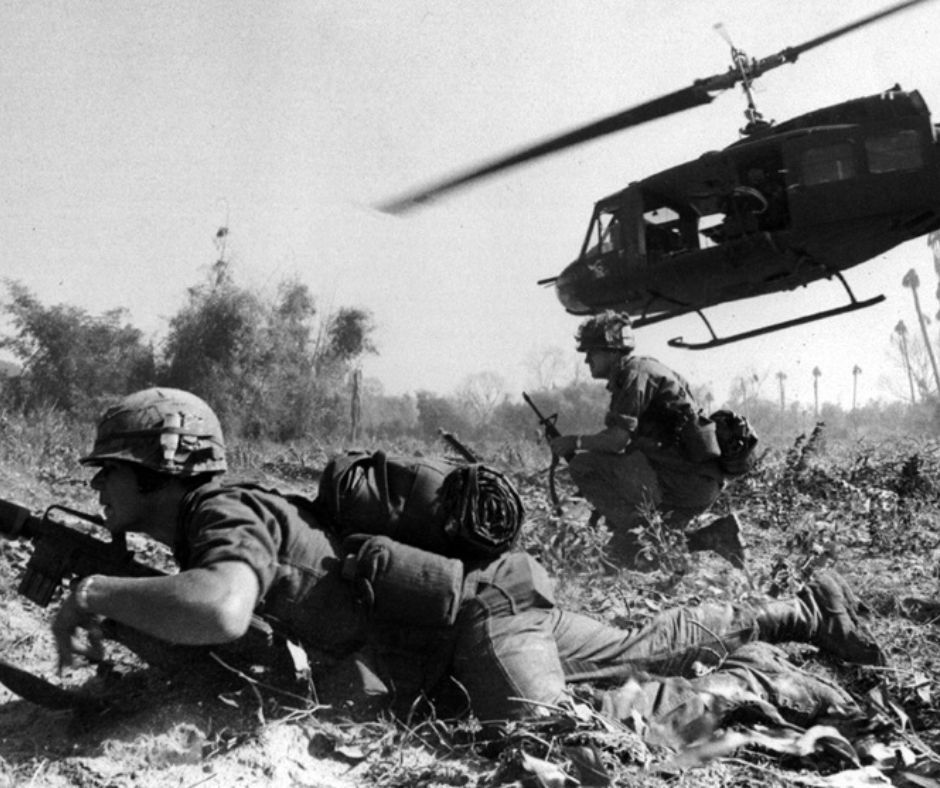
Why Vietnam Veterans Do Not File For PTSD
There are several reasons for this. Vietnam Veterans may be reticent about filing a disability claim for PTSD due to:
- Stigma and Misunderstanding: There is often a stigma associated with mental health issues, such as PTSD, which can lead to misunderstanding and judgment from others. Veterans may fear being perceived as weak or unstable, which discourages them from coming forward about their struggles.
- Lack of Awareness: Some veterans may not be aware that they qualify for disability benefits related to PTSD or may not understand the process for filing a claim. This lack of awareness can prevent them from seeking the benefits they are entitled to.
- Challenges in the Claims Process: The process for filing a disability claim can be complex and daunting. Veterans may encounter difficulties in navigating the system or may have had negative experiences in the past, such as denial of claims or bureaucratic obstacles, making them hesitant to try again.
- Late Recognition: PTSD was not recognized as a diagnosable disorder by the U.S. Department of Veterans Affairs until 1980, which means that earlier veterans may not have had their conditions acknowledged or understood at the time they returned from service.
These factors combined create a situation where Vietnam Veterans might be hesitant or unwilling to file a disability claim for PTSD, despite potentially suffering from the condition. IF you are a Veteran dealing with PTSD symptoms or you know a veteran who is dealing with PTSd symptoms and have not sought counseling, we urge you to do so. Counseling and assistance is the single most important step.
Secondly, reach out to your local Veteran Service Office. Once you are diagnosed (PTSD, Depression, Anxiety, etc) then you should consider filing a claim for the condition. Our thought process has always been that you sacrificed health and quality of life in service of our nation, you should be compensated for the result of that service.
We hope this post has been helpful. As always, feel free to leave any question or comment below. You can also email us at info@nwavet.org.

